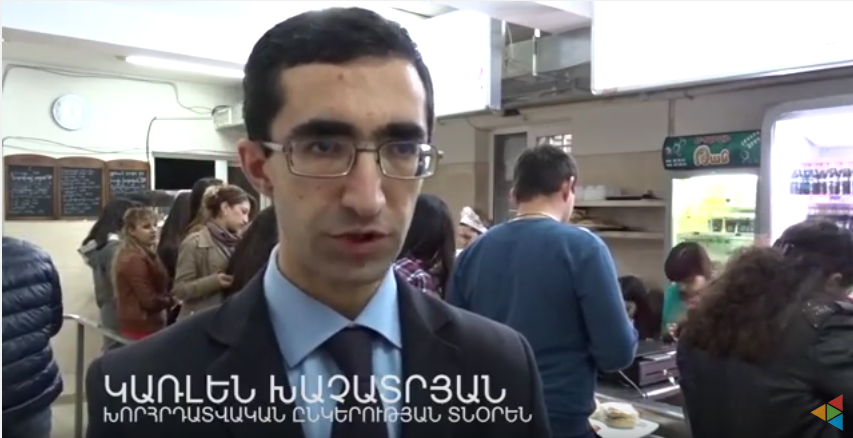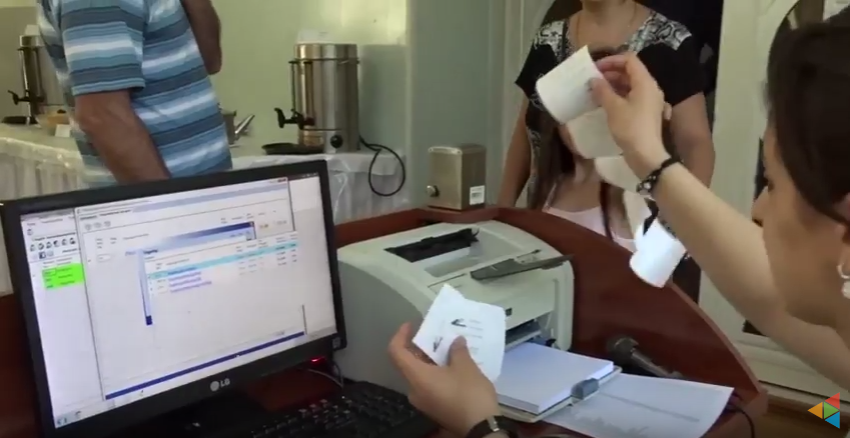Who he was
Komitas, Soghomon Soghomonian, was an Armenian priest whose work in recording Armenian folk songs, as well as composing new ones, has made him one of the most well known Armenians within the Armenian world and beyond it. His extensive and meticulous work, happening just before the total destruction of the Armenian Genocide, was instrumental in recording and saving vast swathes of Armenian culture that may have otherwise been lost.
Born in Kuthaya, in the western part of the Ottoman Empire, Komitas was orphaned at a young age. He was taken to Echmiadzin, the seat of the Armenian Church, and entered into Gevorgian Seminary. His exceptional singing talents were recognized early on and the Catholicos would frequently call upon him to perform for guests.
He began collecting folk songs from local villages while at the seminary, before moving to Tiflis (present-day Tbilisi) to continue his studies with Markar Yekmalyan. At the behest of Khrimyan Hayrig, Komitas received financial assistance from Alexander Mantashev and after Tiflis, he continued to study in Germany at Frederick William University (present-day Humboldt University of Berlin).
Komitas returned to Echmiadzin after his studies and continued to collect songs, this time more actively. He collected between 3,000-5,000 songs, of which only 1,200 survive. During this time he was also composing his own music, which would receive critical acclaim in his own lifetime within the Armenian community and beyond. He eventually moved to Constantinople and became well-known for his musical endeavors.
On April 24, Komitas was collected, along with other Armenian intellectuals, and sent to be killed. Through the intervention of US Ambassador Henry Morgenthau and some Turkish friends, he was saved - but only physically. His personal experience, along with knowing that many of his contemporaries had been murdered, forever changed Komitas. After a time in Constantinople, he left for Paris and was admitted into an insane asylum, where he died. Nobody knows what happened to the volumes of research he hadn’t had time to publish.
It would be difficult to exaggerate the impact of Komitas’s work on the future resurrection of Armenian music and, by extension, Armenian culture following the Genocide. Armenians and the world are forever indebted to him for his selfless devotion to his work and invaluable contribution to the preservation of a culture.
Interesting fact
Komitas said that he had deciphered the lost Armenian khaz system of musical notation. Ever since he died, none of his lost records verifying the claim have been found.
Learn more about him
Business management automation softwares
- Dental clinic
- MER Pharmacy
- Restaurant MS
- Time Tracker
- Mobile commerce system
- Paying customers with JivoChat























